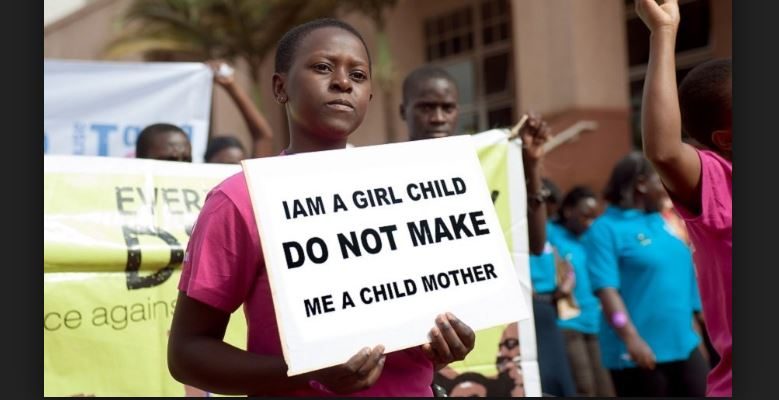KANSAS CITY, MO./ MARCH 01, 2019/ As attention turns toward building a more gender-balanced world in recognition of International Women’s Day, one organization — Children International – is squarely focused on battling the number one problem that upsets that balance. Poverty continues to hold back the life progress and empowerment of women around the world.
All told, one billion children live in poverty. For girls raised in developing countries, growing up can be particularly harsh. Worldwide, 31 million girls ages 5 to 11 are out of school, and only three quarters of girls finish secondary education. The education outlook worsens in poorer countries, where only one third of girls make it that far and where the world’s highest rates of child marriage occur. In Mexico, for example, traditional gender roles play a significant factor in educational outcomes: 83% of girls (under 18) who marry drop out of school, compared to just a 15% dropout rate for unmarried girls.
Susana Eshleman, president and CEO of Children International, a global humanitarian organization, sees International Women’s Day and its theme of #BalanceforBetter as an opportunity to raise awareness for bringing real and lasting change to the health and welfare of girls and all children living in poverty.
“Poverty keeps girls and young women trapped in situations where they have no power over their own lives,” Eshleman said. “Having grown up in Argentina and traveled to every continent, I have seen the harsh reality of poverty. It deprives children of their fundamental rights to health, education and safety and squanders their potential. This is not OK with me.”
In partnership with its supporters, Children International works to eradicate poverty by providing a long-term, holistic approach to invest in the lives of youth. The nonprofit operates 67 community centers in 10 countries, from Colombia to Zambia, with more than 9,000 volunteer and local staff who coordinate programs aimed at breaking the cycle of poverty. Currently, more than half of the participants in most programs are female, and a wide range of those programs are designed to give girls and women a fighting chance to take control of their lives and break the generational cycle of poverty.
“By providing education scholarships and job training, as well as teaching essentials such as preventive measures for substance abuse and reproductive health, we can make a difference in the lives of girls,” Eshleman said. “For many, Children International is their transformative path out of poverty.”
Founded in 1911, International Women’s Day is a global day (this year on Friday, March 8) that celebrates the social, economic, cultural and political achievements of women, while also marking a call to action for driving gender balance.

